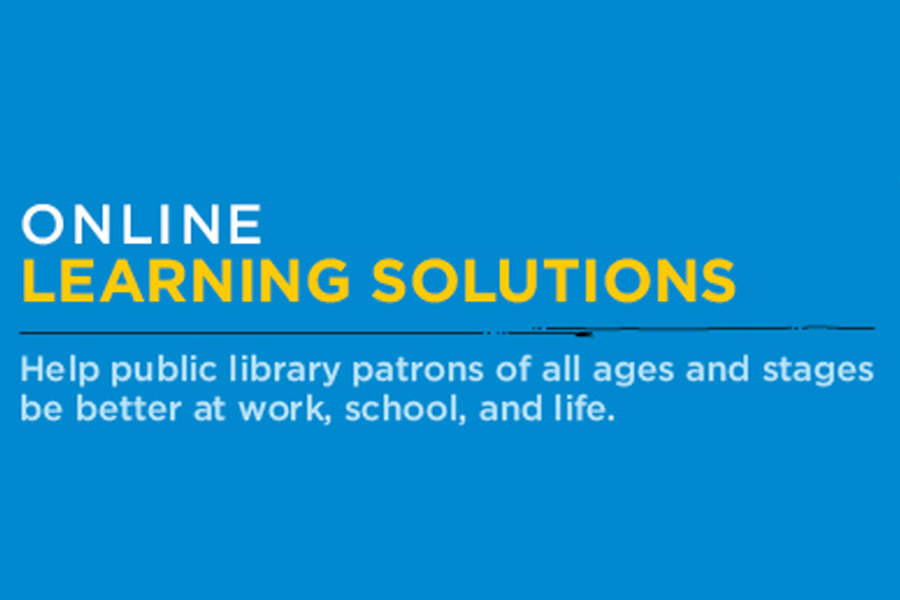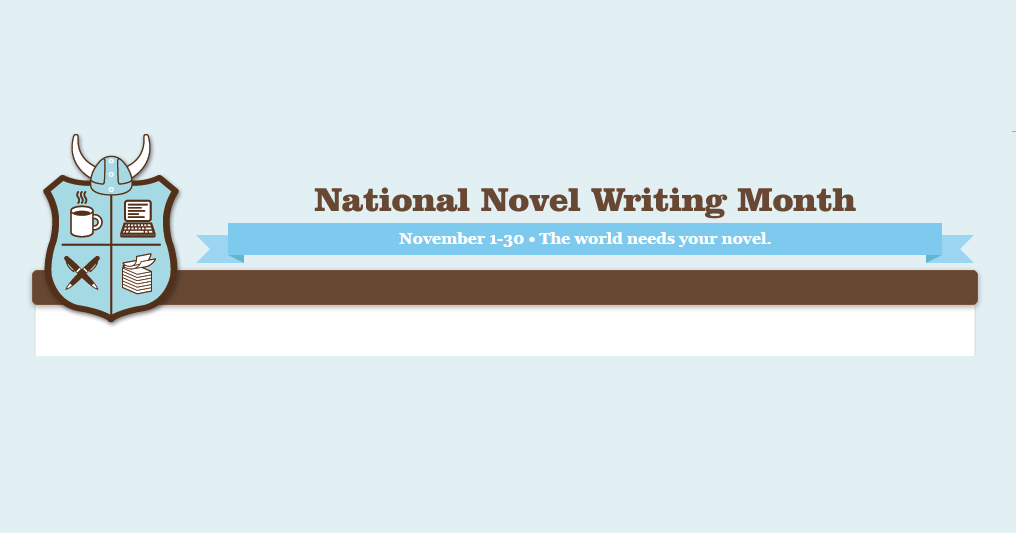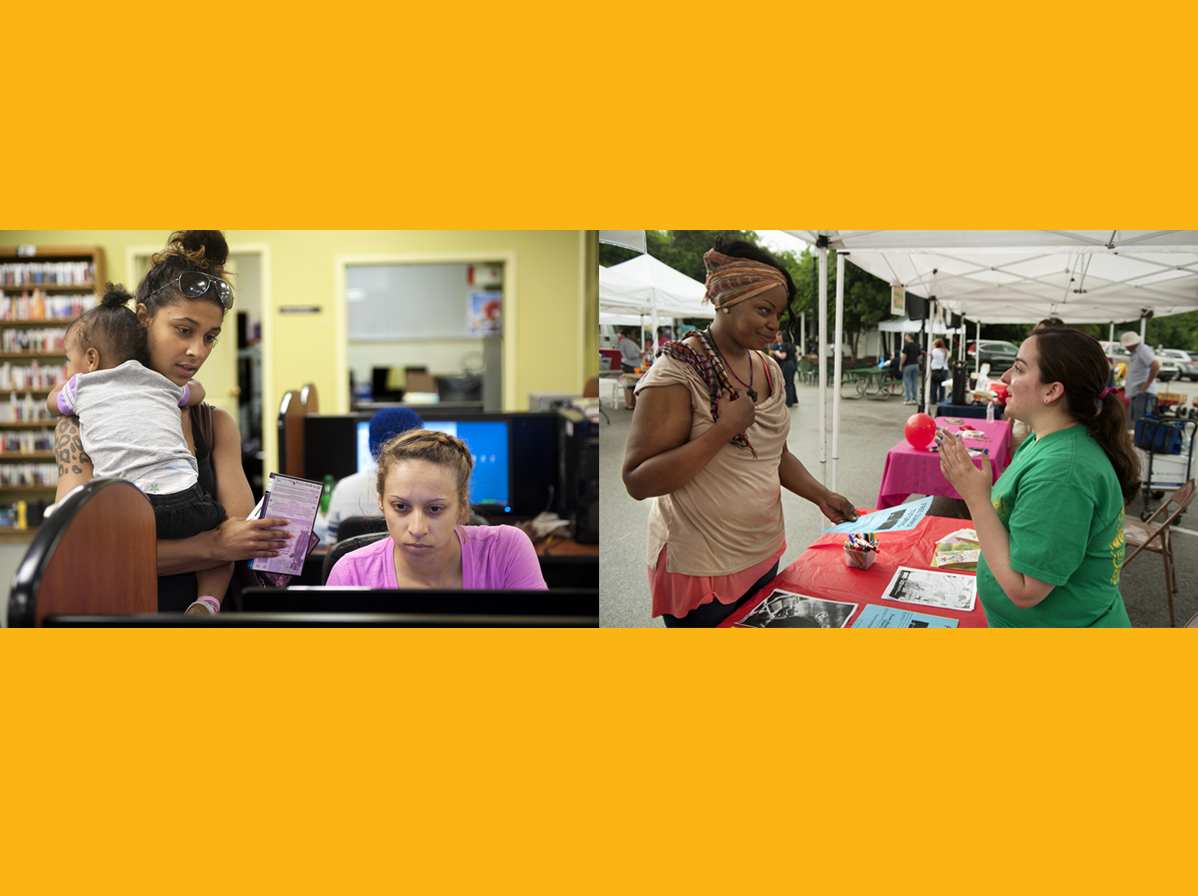Posted on November 10, 2015
Note to librarians: This blog post is for you to share! If you have this title, be sure to link it to your GVRL collection. If you don’t have this title and want to learn more, access a free trial today!
Communication is more complex than ever. Today, we tweet, chat, blog, email, text,…and, oh yeah…talk. New tools that enhance communication can also complicate it, making it difficult to navigate professional communication and steering people away from face-to-face communication that was more typical for earlier generations.
To support the development of social and professional communication skills, your library is offering a new online resource. Life and Career Skills: Social Skills provides simple, straightforward guidance to enhance verbal, written, and non-verbal communication that’s useful in all aspects of life. It’s designed especially for young adults who are entering the workforce or transitioning to new environments.
Read moreSocial Skills in the Digital Age


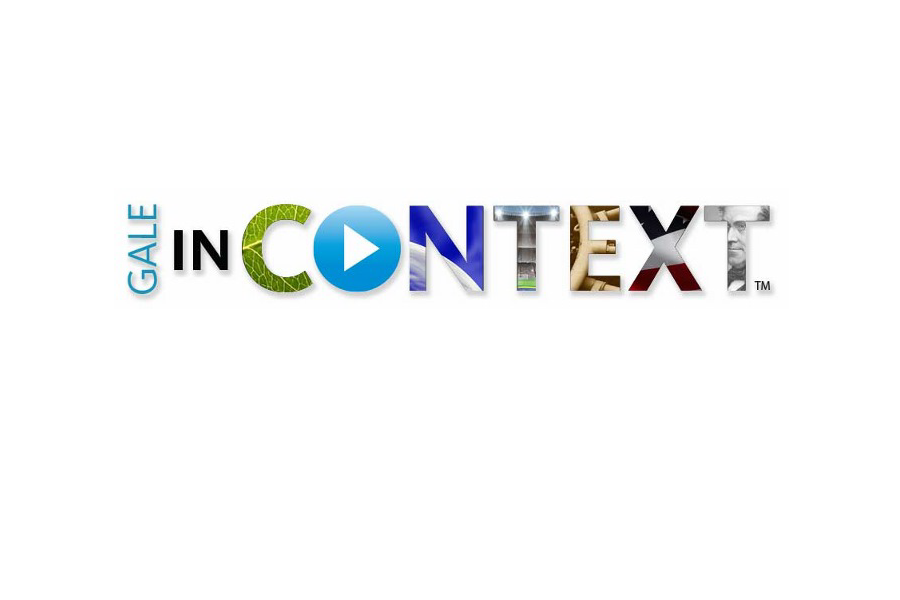
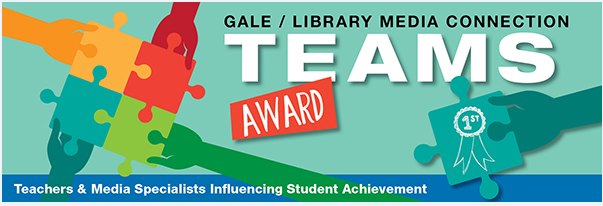

 Robin Bradford is currently the collection development librarian for fiction, Large Print, DVD, music and world languages for the Timberland Regional Library System in Washington. Prior to moving to Washington a few months ago, she was the fiction collection development librarian for the Indianapolis Public Library. She has worked in a variety of libraries, academic and public, in a variety of positions, from student assistant to librarian. The one thing that has been a constant throughout, however, is a love of reading. When she isn’t working, or tweeting, or blogging, or reading, or at a conference focused on books, Robin is looking at the map and planning her next adventure.
Robin Bradford is currently the collection development librarian for fiction, Large Print, DVD, music and world languages for the Timberland Regional Library System in Washington. Prior to moving to Washington a few months ago, she was the fiction collection development librarian for the Indianapolis Public Library. She has worked in a variety of libraries, academic and public, in a variety of positions, from student assistant to librarian. The one thing that has been a constant throughout, however, is a love of reading. When she isn’t working, or tweeting, or blogging, or reading, or at a conference focused on books, Robin is looking at the map and planning her next adventure.
